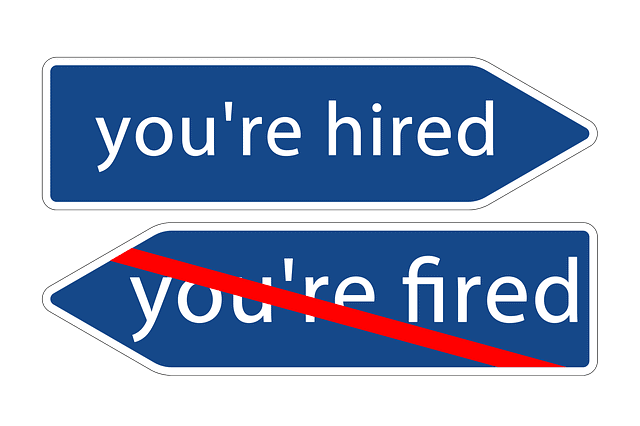Born in Detroit, Michigan, he was psychologist, professor, economist and writer. While in high school, McGregor worked at the McGregor institute established by his own grandfather's, but managed by his father, as a night clerk. He played piano there in his regular services, and at 17 he briefly considered becoming a lay preacher.
Instead, he chose to get a degree in psychology at what is now Wayne State University in Detroit. After two years, he married, dropped out of college, and worked as a gas station attendant in Buffalo, New York. By 1930 he had risen to the rank of regional gas station manager.
Advertisements
When the Detroit Department of Public Works awarded the McGregor Institute a large grant to increase its facilities, McGregor decided to resume his studies while he, too, worked part-time at the much-expanded Institute.
He completed a BA in 1932 from Wayne State University, while organizing soup kitchens for the unemployed and helping run the Institute.
Advertisements

Shortly after graduating, he entered Harvard University, where he studied for three years, earning a
Advertisements
It was not until 1937 that he made a short trip down Massachusetts Avenue to establish the Industrial Relations Section at the Massachusetts Institute of Technology. He served as professor of management at MIT's Sloan School of Management until 1947 and then became president of Antioch College from 1948 to 1954. He also taught at the Indian Institute of Management in Calcutta.
By the 1960s, Mcgregor took out his first book, The Human Side of the Company which had a profound influence on educational practices, contributing to the development of management and motivation theory.
Advertisements
In this article you will find:
Theory X and Theory Y of Douglas Mcgregor
In his 1960 book, The Human Side of the Business, McGregor he proposed two theories through which managers perceive and address employee motivation. He referred to these Opposing motivational methods such as Theory X and Theory Y management.
Each assumes that the manager's role is to organize resources, including people, to better benefit the company. However, beyond this community, the attitudes and assumptions they embody are quite different.
Advertisements
Theory X says that:
- Work for most people is substantially unpleasant and they will try to avoid it whenever possible.
- Most people do not have the desire for responsibility, they have no ambition, and they prefer to be led or directed.
- Most people have little aptitude for creativity in solving organizational problems.
- Motivation occurs only at the physiological and safety levels of Maslow's hierarchy of needs.
- People, for the most part, are self-centered. As a result, they must be closely monitored and often coerced to achieve organizational goals.
- Most people resist change.
- Most people are gullible and unintelligent.
Essentially, Theory X assumes that the main source of employee motivation is monetary, with security as a strong second. According to Theory X, one can take a hard or soft approach to get results.
Theory Y says that:
In sharp contrast to Theory X, Theory Y management makes the following assumptions:
- Work can be as natural as play if conditions are favorable.
- People will be self-directed and creative to meet their work and organizational goals if they are committed to them.
- People will be committed to their quality and productivity goals if there are rewards that address higher needs, such as self-actualization.
- The capacity for creativity extends through organizations.
- Most people can handle responsibility because creativity and resourcefulness are common in the population.
- Under these conditions, people will seek responsibility.
Conclution
If theory Y is true, an organization can apply the following scientific management principles to improve employee motivation:
- Decentralization and delegation: if companies decentralize control and reduce the number of management levels, managers will have more subordinates and, consequently, will have to delegate some responsibility and decision-making to them. decisions.
- Job Expansion - Expanding the scope of an employee's job adds variety and opportunities to satisfy ego needs.
- Participatory management: consulting employees in the decision-making process take advantage of their creative capacity and provide them with some control over their work environment.
- Performance evaluations: Having the employee set goals and participate in the self-evaluation process increases commitment and dedication.
If implemented properly, such an environment can continually increase and nurture motivation as employees work to meet their high-level personal needs through their jobs.


